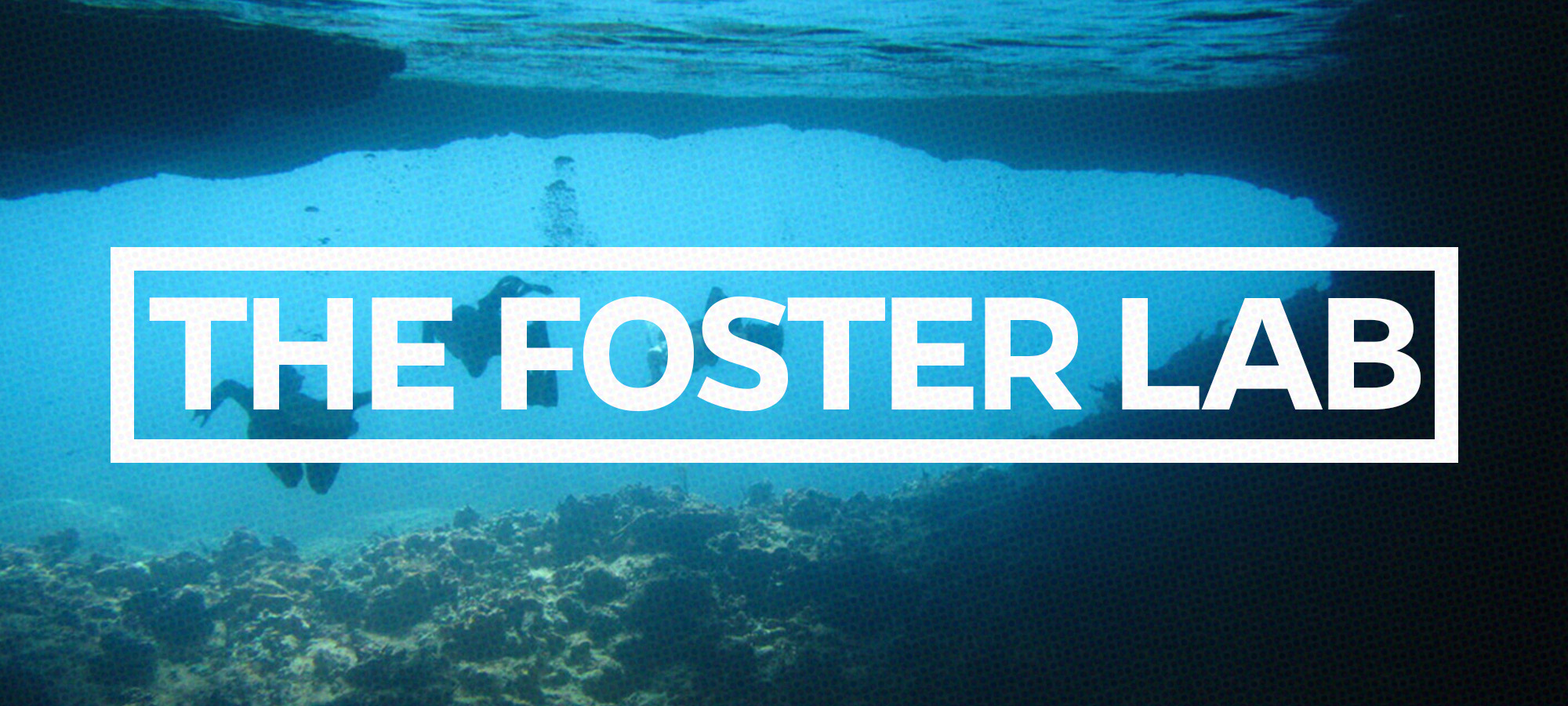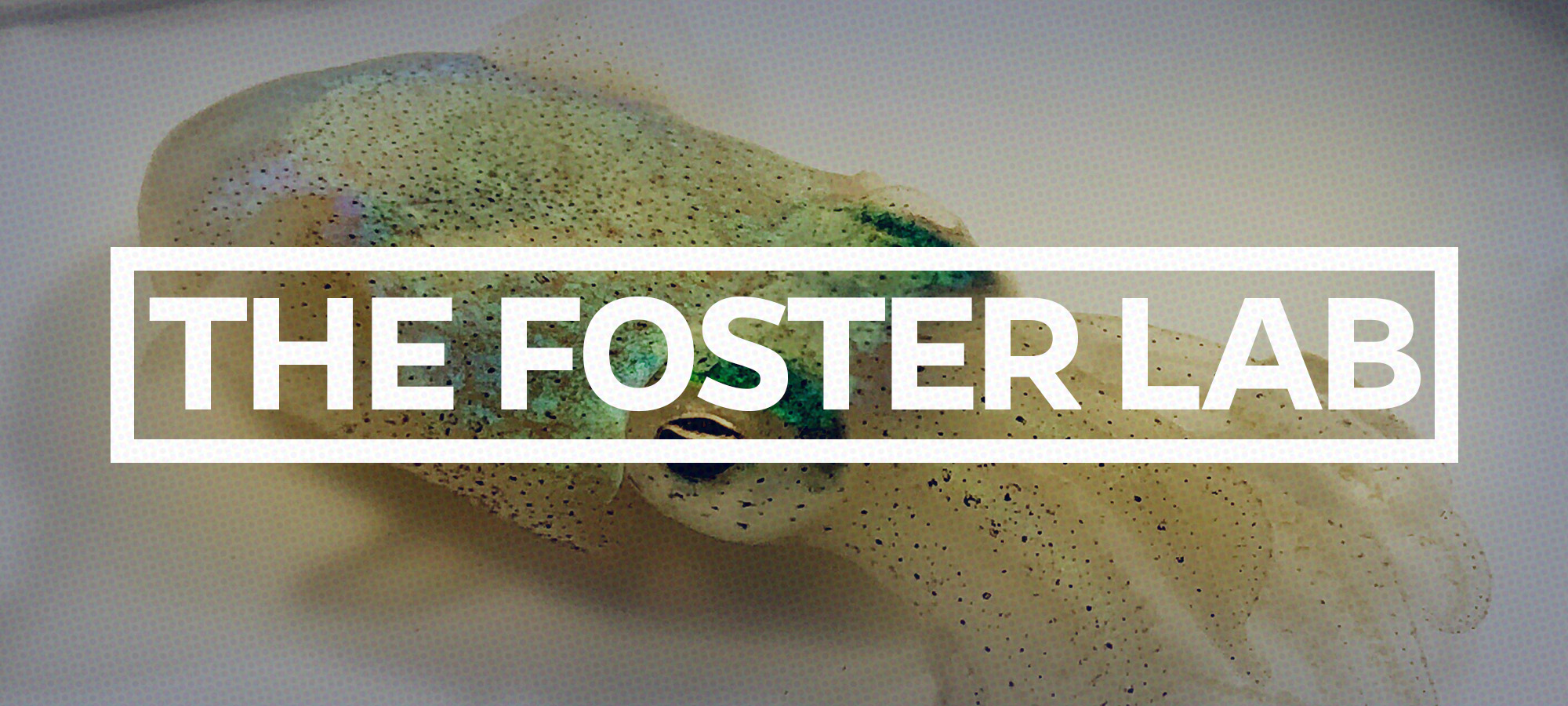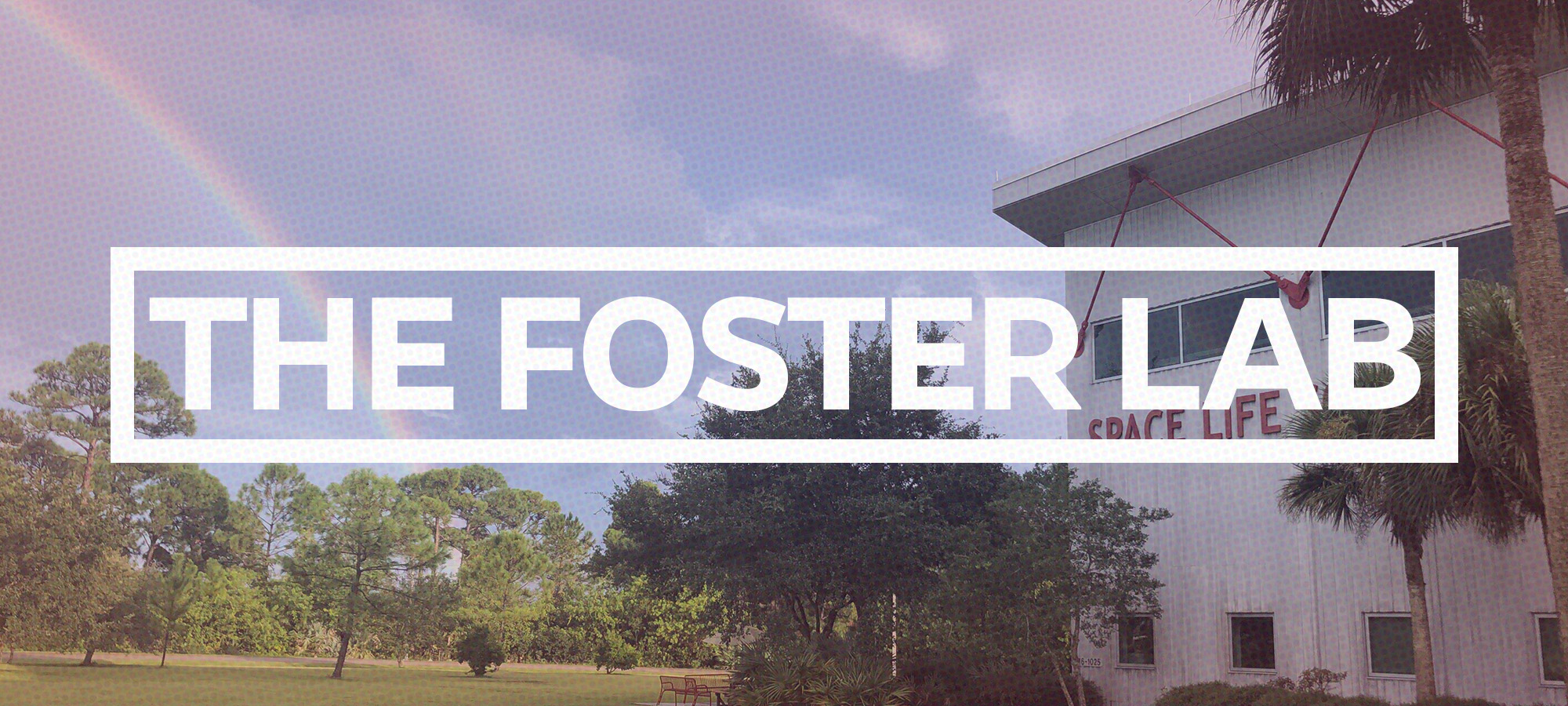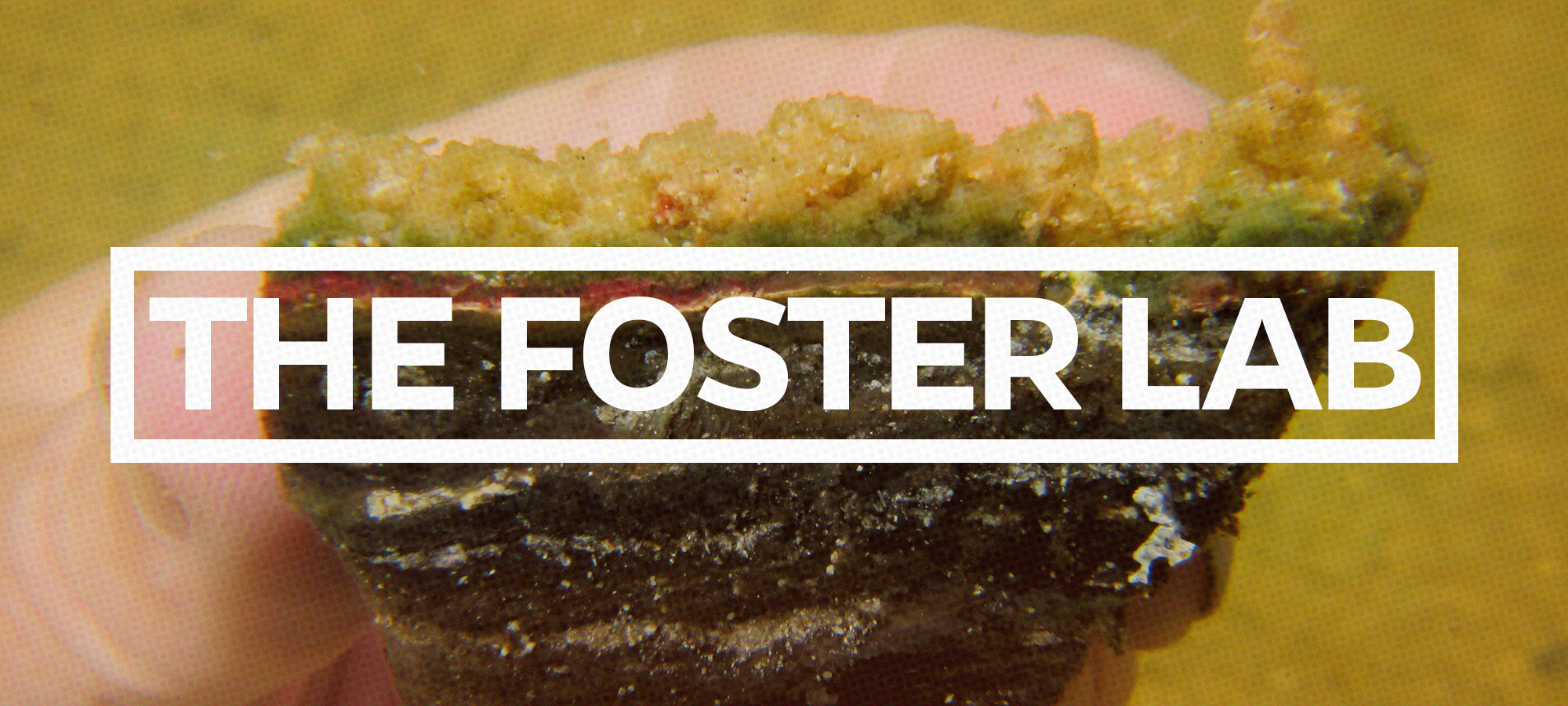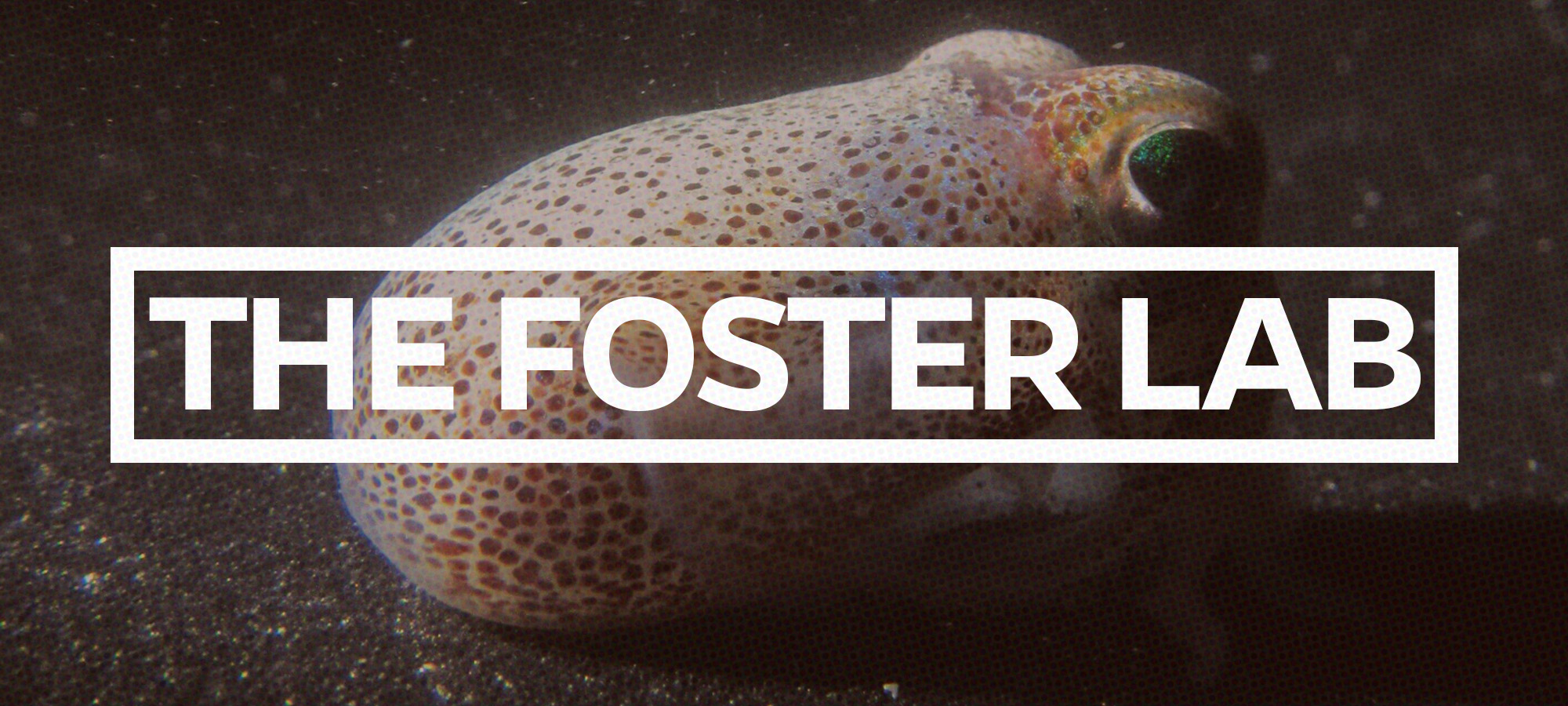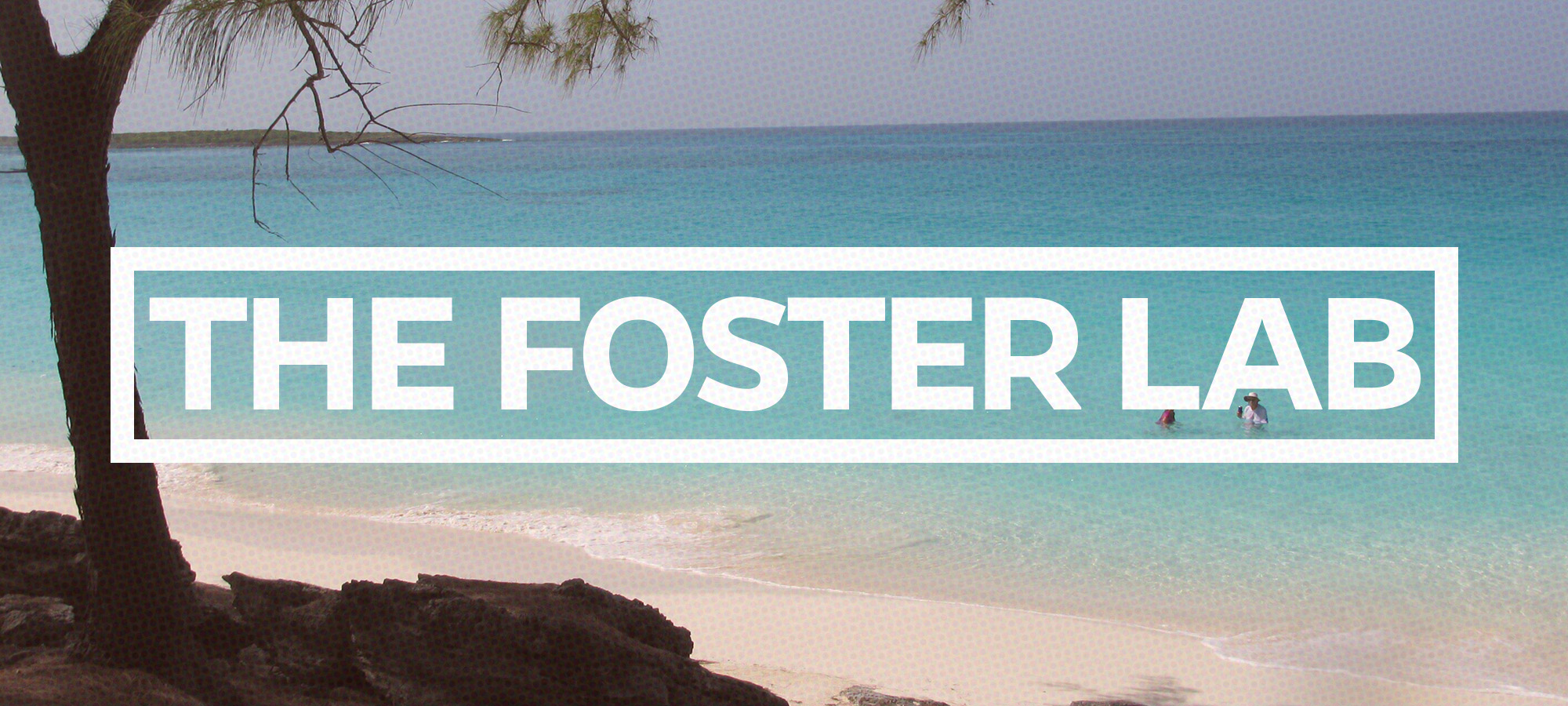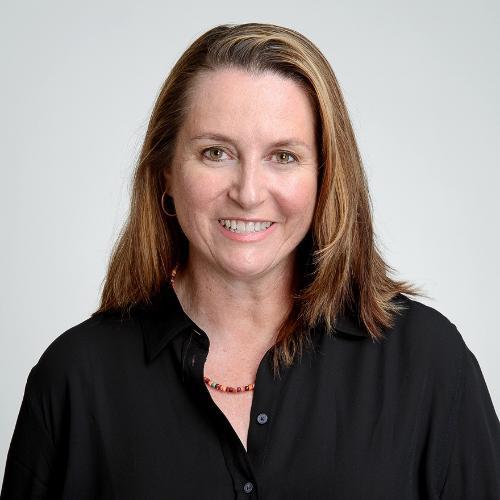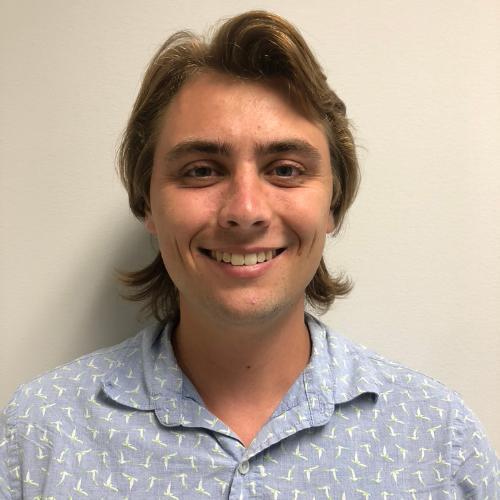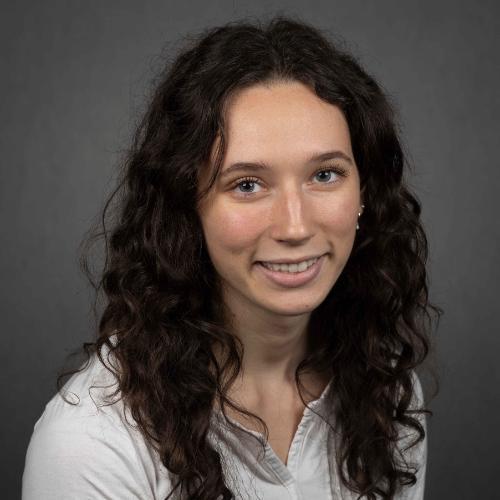Admissions and Application Information
The University of Florida Graduate School requires an undergraduate grade point average (GPA) of 3.0 to be eligible for admission. Fulfillment of the minimum requirement does not guarantee an applicant’s acceptance into the program. In evaluating each applicant, the department’s Graduate Committee members include in their consideration a thorough review of the transcript, letters of recommendation, statement of purpose, area of research interest, etc. Students are encouraged to complete undergraduate coursework in biochemistry and microbiology before they apply.
How to Apply
Admission into the UF Microbiology and Cell Science graduate program requires that an applicant be accepted both by the UF Graduate School and by the Microbiology and Cell Science Department. To complete the application process, apply online via the Graduate School admissions web site and select the “Graduate” option to create an account and begin your application. Visit the UF Graduate School web page for step-by-step instructions on how to apply. Select the “Apply Now” icon below to go directly to the Ph.D. Application.
Students are admitted to the PhD program each fall semester. Applications must be completed by December 15th to be considered for admission the following fall semester.
We are not currently accepting applications for the thesis master’s degree program.
Required Application Materials
- Application fee of $30.
- Official Transcripts.
- CV or resume.
- Three letters of recommendation (LOR). We suggest that candidates request LOR from professional/academic mentors or colleagues that can comment on their academic/research experiences.
- Personal statement. The personal statement should consist of a brief essay describing your research experience, career goals, and area of research interest (limit 500 words)
- Supplemental information. Use this form to provide additional information that will be reviewed by the admissions committee
- International Applicants must also submit TOEFL scores (a score of 23 or higher on the speaking section is required to be considered for admission).
- TOEFL Score Codes for UF: Institution Code is 5812, Department Code is 07
- We do not accept the IELTS
Please contact Jacqueline Lee at jlee9@ufl.edu if you have any questions regarding the application process or deadline.

